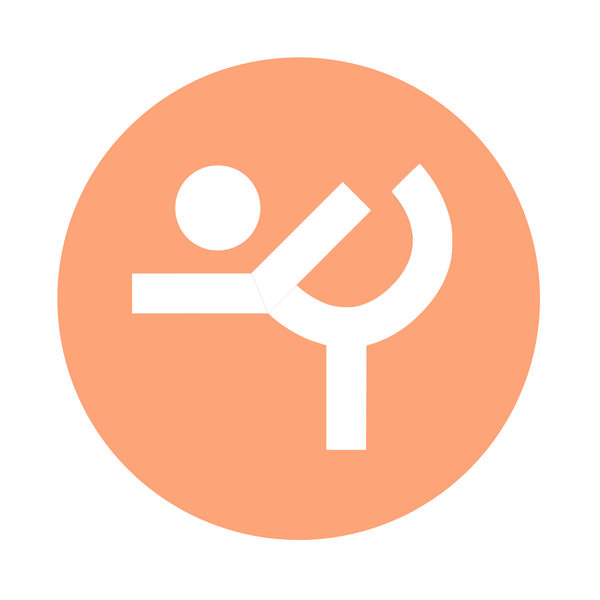If you’ve ever tossed and turned at night because of nagging back pain, you’re not alone. Lower back pain is one of the most common reasons people struggle with sleep. The problem is a cycle: pain makes it hard to sleep, and poor sleep makes pain feel even worse the next day .
One simple, non-invasive option that might help? Jelliebend provides gentle compression around your lower back. Think of it like giving your spine a supportive hug while you rest.
Why Does Compression Help?
Compression belts or wraps such as Jelliebend provide light, even pressure around your midsection. This support can:
-
Take pressure off tired muscles and joints. When your back muscles don’t have to overwork all night, they can finally relax and recover .
-
Keep things more stable. Compression helps your spine stay aligned and supported, so you’re less likely to roll into awkward positions that strain your back .
-
Calm the nervous system. Wide, gentle pressure on the body has been shown to reduce pain signals, almost like flipping the body’s “pain dial” down a notch .
Ease inflammation and swelling. Gentle pressure can help reduce fluid buildup and support circulation, so tissues feel less achy and irritated .
Better Sleep = Better Healing
When you’re not woken up by discomfort, you slip into deeper, more restorative sleep. That’s when your body does its best repair work: calming inflammation, recharging energy, and even improving your tolerance for pain the next day .
How to Use Compression Safely at Night
If you’re curious about trying compression for your back pain at bedtime:
-
Choose the right fit. It should feel snug but never restrictive. You want gentle support, not squeezing.
-
Keep it comfortable. Look for breathable, adjustable materials so you don’t overheat or feel trapped.
- Pair it with sleep-friendly posture. Sleeping on your side with a pillow between your knees, or on your back with a pillow under your knees, can make compression work even better
- Listen to your body. If you feel numbness, tingling, or short of breath, it’s too tight. And if your pain is severe or persistent, always check with a doctor or physical therapist.
The Takeaway
Gentle lower back compression during sleep can be a helpful, drug-free way to get more comfortable rest. By supporting your spine, calming muscle tension, and reducing pain signals, it may help you finally wake up feeling more refreshed — and less sore.
It’s a small, simple tool that can make a big difference when you’re caught in the back-pain, poor-sleep cycle.
Sources:
- Kelly, G.A., et al. (2011). Sleep disturbance in chronic low back pain: clinical outcomes and patients’ perspectives. Pain Medicine. PubMed
- Tang, N.K.Y., et al. (2017). The role of sleep quality in chronic back pain outcomes. Pain. PubMed
- Using a Back Brace for Lower Back Pain Relief. Spine-Health. Link
- Staud, R., et al. (2016). Nonpainful wide-area compression inhibits clinical pain. Pain. Link
- Waking Up with Lower Back Pain. Sleep Foundation. Link
Medical disclaimer: ✨ Jelliebend is a wellness product. If you’re managing health conditions, check with your physician before use.
